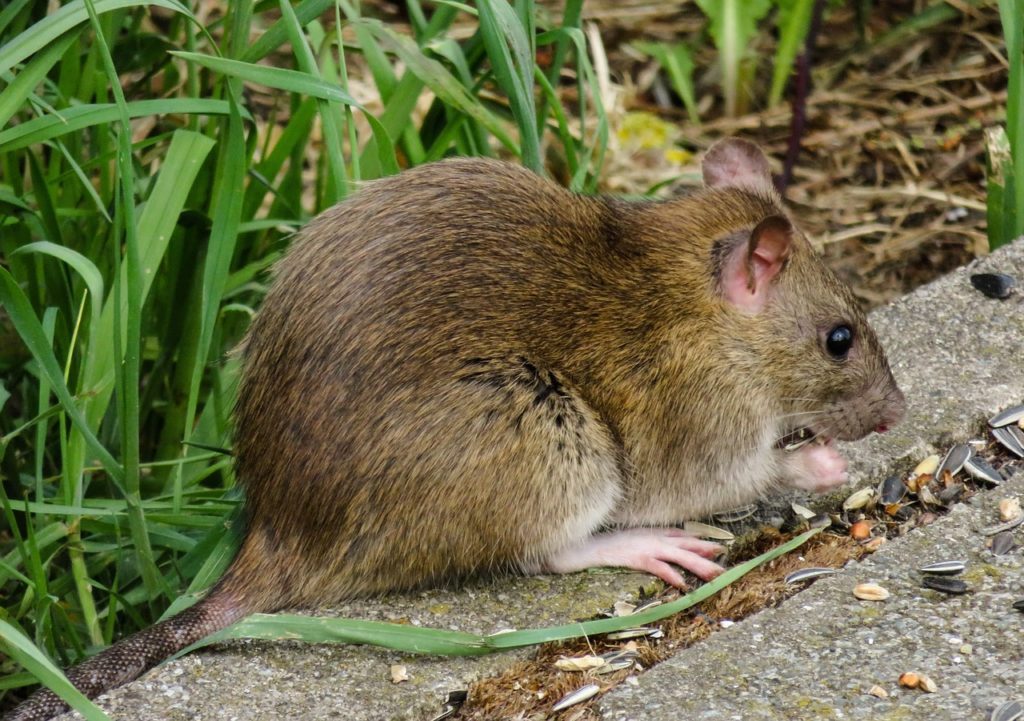The Effects of a Rodent Infestation on Your Health

The most important advice we can provide when dealing with any type of infestation is to never ignore the warning signs and to act immediately. Our trained technicians can handle all of your rodent eradication needs and create a custom treatment plan to prevent any issues in the future.
A mice, rat or rodent infestation can cause much more damage than the destruction of your home and the diseases they carry can cause major health problems for your family. Below you’ll find some of the most common diseases and issues caused by Mice and Rats.
1. Airborne Mouse Allergen
High levels of rodent Allergens can become airborne and cause breathing difficulties, allergies and even asthma attacks, especially in younger children.
2. Leptospirosis
Leptospirosis is a bacterial disease that affects humans and animals. In humans, it can cause a wide range of symptoms, some of which may be mistaken for other diseases. Some infected persons, however, may have no symptoms at all.
Without treatment it can can lead to kidney damage, meningitis liver failure, respiratory distress, and even death.
3. Weil’s Disease
Rodent urine has a strong musky odor with the scent continuing to grow stronger as the infestation grows.
4. Salmonella
If a rodent’s feces come in contact with your food it may cause Salmonella which can cause a severely upset stomach, diarrhea, fever, and pain and cramping. While deaths from Salmonella are uncommon it is extremely painful and easily contracted by children.
5. Lymphocytic Choriomeningitis
Lymphocytic choriomeningitis, or LCM, is a rodent-borne viral infectious disease caused by lymphocytic choriomeningitis virus (LCMV), a member of the family Arenaviridae, that was initially isolated in 1933.
The primary host of LCMV is the common house mouse, Mus musculus. Infection in house mouse populations may vary by geographic location, though it is estimated that 5% of house mice throughout the United States carry LCMV and are able to transmit virus for the duration of their lives without showing any sign of illness. Other types of rodents, such as hamsters, are not the natural reservoirs but can become infected with LCMV from wild mice at the breeder, in the pet store, or home environment. Humans are more likely to contract LCMV from house mice, but infections from pet rodents have also been reported.
Proudly Serving:
Baton Rouge ● Ascension Parish ● New Orleans ● Hammond ● Lafayette
And Their Surrounding Areas
